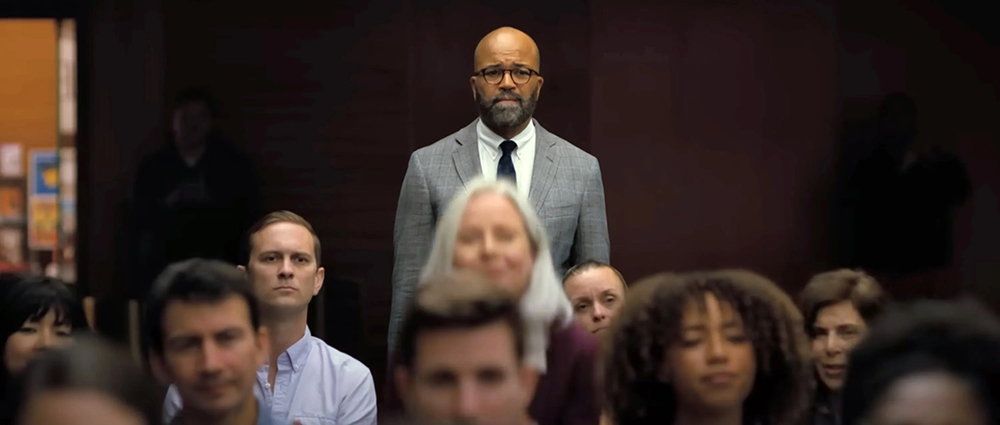Books are and always will be the best part of summer. Assigned summer reading? No, never. But when you get to choose, ah, there’s the sweet spot … until you realize there are just too many books to read and not enough time. That’s why we put the question to Memphis’ booksellers to see what they’re recommending to help make those choices a little easier.
Memphis, Martin, and the Mountaintop by Alice Faye Duncan (Children)
A historical picture book for students by local award-winning author Alice Faye Duncan, Memphis, Martin, and the Mountaintop focuses on the 1968 sanitation strike that took place here in Memphis. — Jeremee DeMoir, DeMoir Books & Things
Blood at the Root by LaDarrion Williams (YA)
Blood at the Root is a new release that’s taking over TikTok and seems to be an instant book of interest. Its author says it is his version of “If Harry Potter was Black and went to an HBCU.” The book explores the supernatural and the roots and secrets that connect us in an unforgettable contemporary setting. This heart-pounding fantasy series opener is a rich tapestry of atmosphere, intrigue, and emotion. — Jeremee DeMoir
Black Shield Maiden by Willow Smith
The singer of “Whip My Hair” is back with new music and a book for fans of mythology, high fantasy, and historical fiction. The newly released title follows Yafeu, a defiant yet fiercely compassionate young warrior who is stolen from her home in the flourishing Ghanaian Empire and taken as a slave to a distant kingdom in the North. — Jeremee DeMoir

Shit Cassandra Saw by Gwen E. Kirby
A wild ride of 21 short stories from the unbridled imagination of writer Gwen E. Kirby. Anchored by bold female bad-assery, each story instantly demands the reader’s attention.
The whole journey of reading this collection is like a food processor. You are chopped, stirred, pulsed, and crushed. You are shaken up and down and all around and then at book’s end, you are left howling and wanting more.
Funny, tragic, unreal yet real simultaneously, crazy, and savory, every bit of this book is delicious. — Sheri Bancroft, Novel
Ripe by Sarah Rose Etter
dread (n,v): from the Old English drædan, to shrink from in apprehension or expectation; to fear very much.
One of the definitions used in the book. You don’t have to read horror to get dread. If you don’t have enough home made on your own, here it is store-bought. Etter captures that feeling when you have existential burnout in your work, but it turns your senses off enough to not be able to quit.
This chronicling of the Believers (a perfectly apt name) in the tech world is all too accurate. Having worked in corporate America (though not tech, science, or engineering, but tech-adjacent), this is exactly how it feels to be surrounded by the brand attire-wearing masses who are more company cult than culture. — Dianna Dalton, Novel
Two Minds: Poems by Callie Siskel
Callie Siskel doesn’t miss a beat. Her debut volume, Two Minds, masterfully weaves a thought-provoking exploration of the human psyche, while discreetly grieving her father’s early death. This pulchritudinous elegy delves into the intricate dance between creativity and criticism, and the delicate balance between self-expression and self-doubt. Siskel crafts a narrative that is both deeply personal and universally relatable. Two Minds is a triumph of storytelling, a testament to authenticity, and a shining example of the transformative potential of contemporary poetry. — Blake Helis, Burke’s Book Store
The Adventures of Huckleberry Finn / James / The Audacity
My summer reading assignment is to reread Mark Twain’s Adventures of Huckleberry Finn (not read since 7th grade) and then Percival Everett’s James, a retelling of Twain’s novel from Jim’s point of view. Currently I am reading The Audacity by Ryan Chapman, a comic novel about the implosion of an Elizabeth Holmes Theranos-type company. — Cheryl Mesler, Burke’s Book Store

